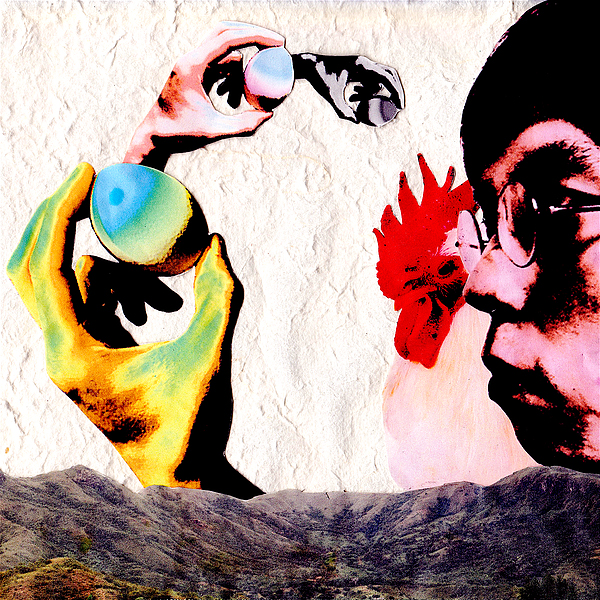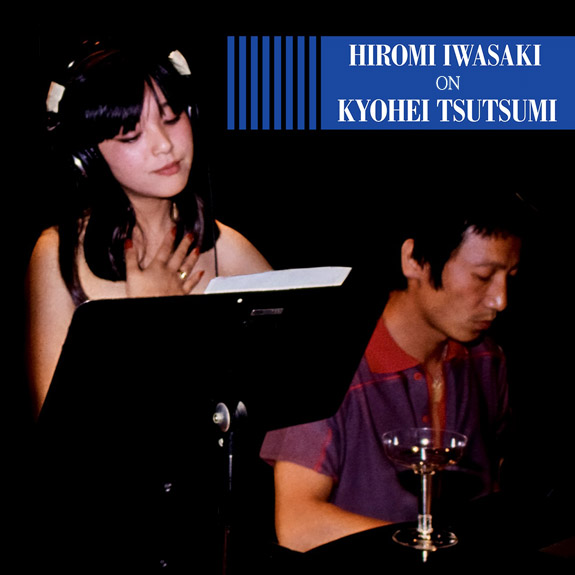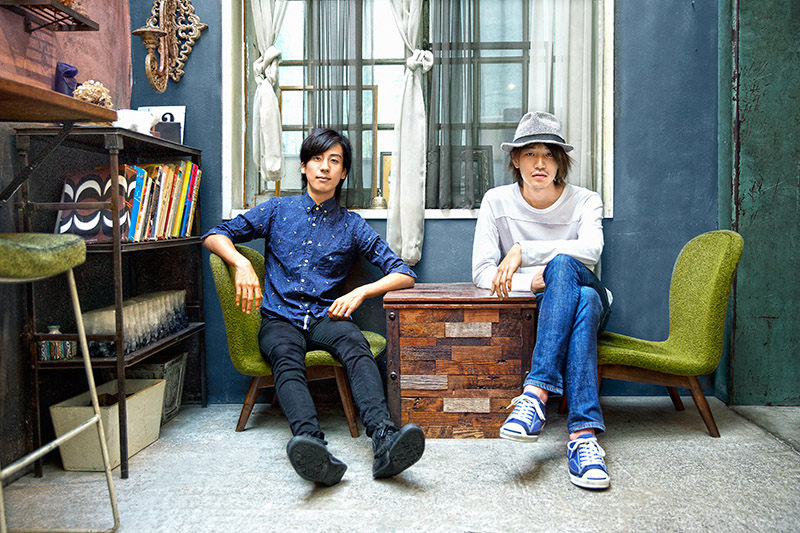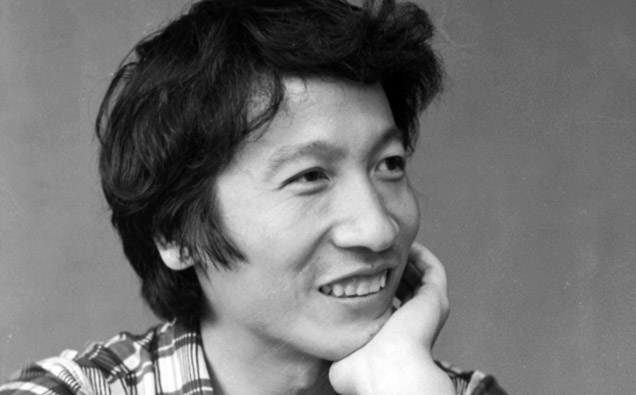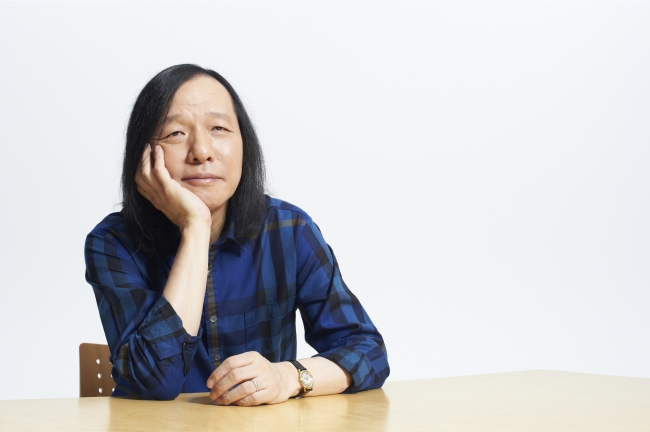Here is an interview with Oketa Tomomichi about his great debut album, Teiyuu Mokuroku. While at the time of this interview he was still a member of Uwanosora, he would go on to leave the band a couple of months later. Also featured on this album is Uwanosora vocalist Iemoto Megumi. Definitely do check out Oketa Tomomichi’s material if you have yet to do so.
Interview & text: Uchi Takahide of WebVANDA (Japanese text)
English translation: Henkka
Oketa Tomomichi on the web: Website, Twitter, Instagram, Bandcamp, YouTube
Note: You can buy Teiyuu Mokuroku from CDJapan.
As previously reported, Uwanosora member Oketa Tomomichi will be independently releasing his first solo album Teiyuu Mokuroku on May 31.
The programmed solo sounds heard on the album are the complete opposite of Uwanosora ’67, featuring band mates Iemoto Megumi and Kadoya Hirohide. With its very human, organic, 80s electro-pop sound, as someone who was listening to that very same sound in real-time back then there’s something quite nostalgic about this album. In today’s musical climate where everyone is eager to split everything up into sub-genres, leading to the undoing of more distinct trends in music, there’s something about the album that just sounds so fresh.
Beginning with the lead track “Channel No.1” with its striking combination of very visual lyrics and a groove unique to sequenced music, the songwriting and arranging on all of the album’s tracks was done solely by Oketa himself. Six out of the nine tracks feature Iemoto on vocals, while the other three — including “Channel No.1” — are sung by Oketa. Also featuring on “Channel No.1” as backing singers are two names not previously seen in the credits of other Uwanosora-related releases: Nakagaki Kazuyuki and Ura Atsushi.
With the album’s release fast approaching, we present to you an interview with Oketa Tomomichi.
